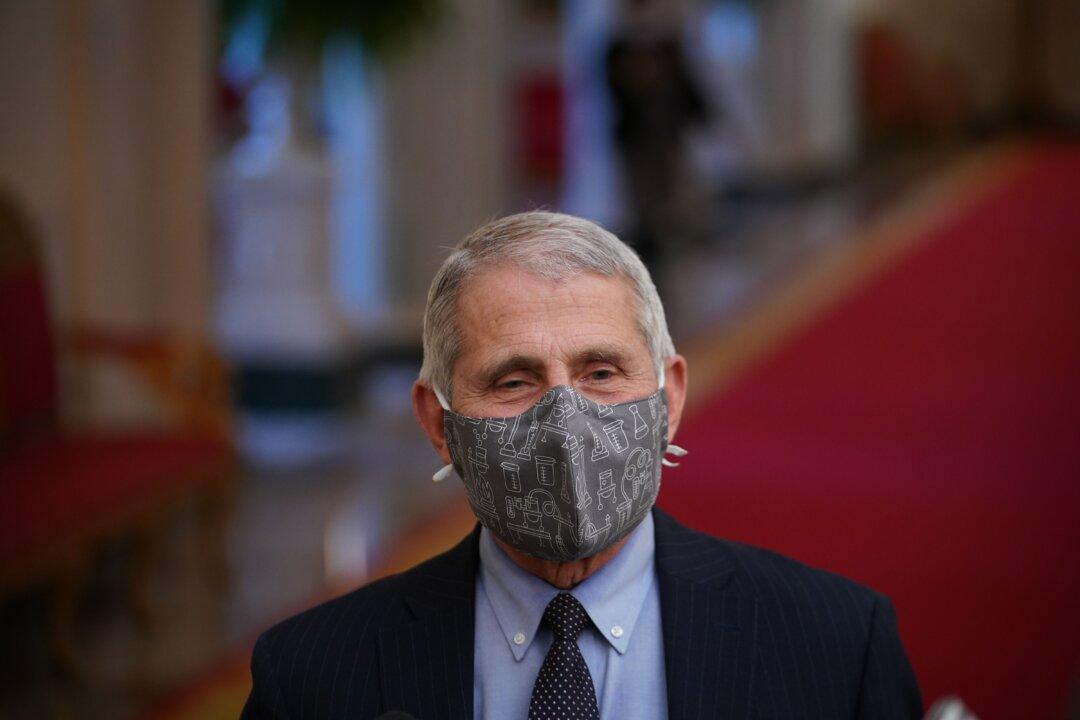A second COVID-19 vaccine booster shot may be required because the protection against infection will wane, a top U.S. health official said on Jan. 23.
“We may need to boost again,” Dr. Anthony Fauci, President Joe Biden’s chief medical adviser and the longtime head of the National Institute of Allergy and Infectious Diseases, said on ABC’s “This Week.” “That’s entirely conceivable, but before we make that decision about yet another boost, we want to determine clearly what the durability of protection is of that regular boost, that third shot that we’re talking about.”





